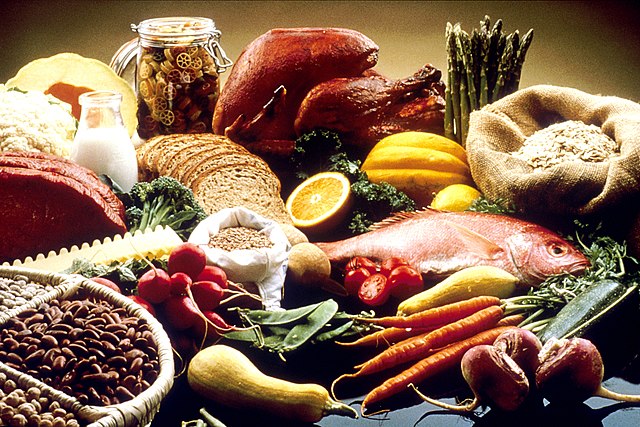Stakeholders express concern over the recent revelation at the gender and inclusion summit 2023 (GS-23) in Abuja that over 200,000 Nigerians die each year from food poisoning.
Osenega Orokpo, a social media influencer and wife of Apostle Michael Orokpo, shocked many people when she revealed that food poisoning is a common occurrence in Nigeria and other African countries due to unhealthy eating habits. She was speaking at an event organised by the Policy Innovation Centre, PIC, of the Nigerian Economic Summit Group in Abuja.
She blamed this on the lack of reliable and vigilant food systems in the nation, as well as unsafe food preparation and preservation brought on by subpar processing.
Attendees at the summit expressed concern that a number of Nigerians were losing their lives as a result of dishonest and dangerous methods, such as storing and preserving agricultural products, such as grains (maize, beans), with the use of hazardous chemicals like sniper.
They also found other harmful practices, such as the use of carbide to ripen fruits, the use of paracetamol by food vendors to tenderise meat, which can cause liver or kidney failure, the preservation of fish with formaldehyde, the injection of hormones into poultry to mask illness, and the use of harmful food colouring, among other things.
In order to address the issue of food poisoning in the nation, Orokpo, who spoke on the topic of “Pathway out of Poverty: Closing Systematic Gender Gaps in Agricultural Productivity, Value Chain Pathways, and Entrepreneurial Opportunities,” emphasised the necessity of resilient food systems.
She said that by taking proactive measures like advocacy, Nigeria could address the problem of food poisoning.
Although she emphasised the need for women to be included in the food value chain—roughly 47% of farmers in the food chain are women—she suggested that safety precautions be put in place in every food supply chain to prevent food poisoning along the distribution channel.
Given that smallholder farmers provide the majority of the food supply, it is crucial to establish food procedures.
This is where instruction is useful. The training model ought to be transferred from the farm to the factory, according to her.
Previously, Mr. Udeme Ufot, the chairman of the NESG Policy and Innovation Centre, stated that the summit was intended to serve as a forum for discussion where important stakeholders from various sectors would consider fresh data and contextually appropriate remedies for differences in inclusivity in Nigeria.
He stated that the summit would promote group commitment and targeted action towards creating a gender inclusive society by combining forces and utilising the combined strength of the government, development partners, civil society, academia, and the commercial sector.
According to Eva Edwards, a director of the National Agency for Food and Drug Administration and Control, or NAFDAC, food-borne illnesses disproportionately impact the most vulnerable members of society, including young children, pregnant women, the elderly, and those with weakened immune systems.
She revealed that a lot of farmers and business owners preserved and stored agricultural products like grains using agrochemicals like snipers, and she emphasised that this practice had detrimental effects on people’s health.
But in an effort to combat the problem, NAFDAC Director General, DG, Prof. Moji Adeyeye, recently started a campaign against fruit ripening and drug hawking in Lagos.
He revealed that eating fruits ripened with dangerous chemicals, such as calcium carbide, can lead to liver, kidney, and heart failures in addition to cancer.
The director of chemical evaluation and research, Dr. Leonard Omokpariola, represented the DG, who announced that the agency had commissioned a scientific study on the most effective method of reducing the health risks associated with ripening fruits that contain carbide.
However, incorrect food processing, preservation, and serving are some of the factors that lead to this ugly trend, according to nutritionist and food science expert Jennifer Egbo.


